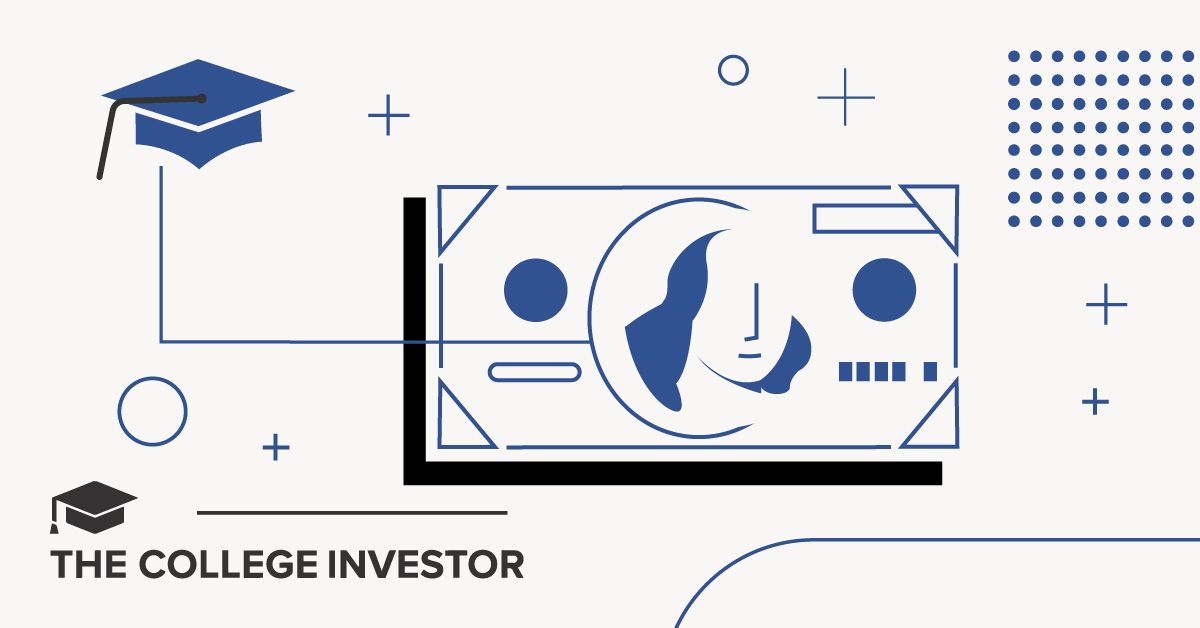Origination Fee
Definition
An origination fee is a charge levied by lenders to process a new loan application, and is typically expressed as a percentage of the total loan amount.
Detailed Explanation
In the context of student loans, an origination fee is a one-time charge that borrowers must pay when they take out a loan. This fee is usually deducted from the total loan amount before the funds are disbursed to the borrower, meaning the amount the borrower receives will be less than the actual loan amount they were approved for.
The purpose of the origination fee is to cover the cost of processing the loan, including administrative expenses such as credit checks, underwriting, and the paperwork involved in creating and maintaining the loan account.
The exact percentage can vary based on the lender and the type of loan. Federal student loans, for example, have origination fees that are set by law and can change annually. Private student loans might also include origination fees, but the rates can be different and are set by the private lending institutions. It's important for borrowers to consider origination fees when comparing loans, as it can significantly impact the cost of borrowing.
Example
Suppose a student takes out a federal Direct Unsubsidized Loan for $10,000 with an origination fee of 1.057%. The origination fee would be $105.70 ($10,000 x 1.057%), so the amount disbursed to the student's account would be $9,894.30 ($10,000 - $105.70).
For 2024 - 2025, the Parent PLUS Loan and Grad PLUS origination fee is currently 4.228%.
Key Articles Related To Origination Fees
Related Terms
- Interest Rate: The percentage of the loan amount that lenders charge as a cost for borrowing.
- Disbursement: The process by which loan funds are made available to the borrower, typically sent directly to the school to cover tuition and fees, with any remainder given to the borrower.
- Principal: The original sum of money borrowed in a loan, excluding any interest or additional fees.
- Subsidized Loan: A type of federal student loan on which the government pays the interest while the borrower is in school, during the grace period, and during any deferment periods.
FAQs
Do all student loans have origination fees?
Not all student loans have origination fees; it depends on the lender and the type of loan. Federal student loans typically do, while some private student loans might not.
Is the origination fee added to the loan balance?
The origination fee is usually deducted from the loan amount before it is disbursed, so it is not added to the balance but reduces the amount you receive.
Can the origination fee be waived?
It is rare for origination fees on federal student loans to be waived, as these fees are set by law. Some private lenders may offer loans without origination fees as part of their lending terms.
How does the origination fee affect the total cost of a loan?
The origination fee increases the overall cost of borrowing because it is an upfront charge that is deducted from the loan amount, meaning the borrower has to pay interest on a larger principal amount than what they actually receive.
Editor: Colin Graves
